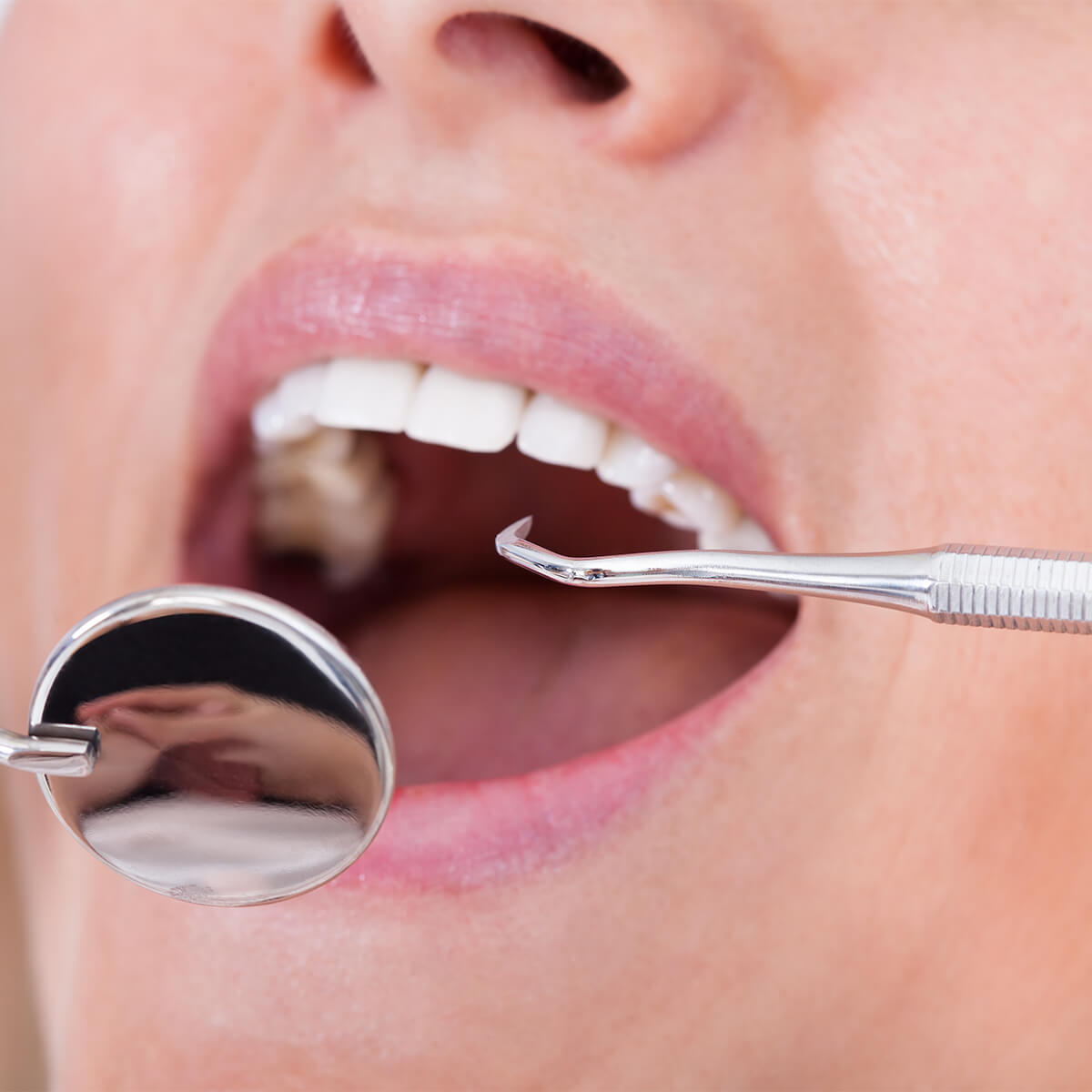Traumatic Injuries

Endodontists have the best training to deal with teeth that have had traumatic injuries. There are specific protocols that must be followed to the letter to get optimal results. These protocols are continually evolving as new research is published. Proper management is especially important for children and adolescents while the teeth are developing. For kids with badly damaged teeth, the goal is to preserve the teeth at least into their 20s, when good replacement options become available such as implants.
Traumatic injuries can include:
- Teeth that are avulsed (knocked out)
- Teeth that are loosened
- Part or all of the crown of the tooth is fractured
- Teeth with root fractures
- Teeth that are driven into the jaw bone
If the pulp tissue dies due to decay, infection or trauma, it stops the healthy, natural process of tooth development. As the roots develop over time, the tooth becomes stronger. The root canal space decreases in size, and the root’s walls thicken. When this process is arrested at a young age, the root remains relatively weak and subject to fracture. Fortunately, we offer procedures at Endodontic Consultants of San Antonio to promote further root development and strengthening. These procedures may include direct and indirect pulp capping, partial pulpectomy, pulpal regeneration, or apexification. Some of the procedures we perform prevent the need for root canal treatment.
When the roots are allowed to develop correctly, the odds of preserving natural teeth for a lifetime are dramatically improved. After the teeth are restored, no additional treatments are necessary as long as the treated area heals without complications. Only endodontists are equipped to perform these advanced procedures, and some patients travel a great distance for this care. Contact us at (210) 405-0473 to schedule your consultation.
Managing dental injuries at Endodontic Consultants of San Antonio - Dr. Richard Schwartz

What are the possible dental injuries?
My name is Dr. Richard Schwartz, an Endodontist in San Antonio, TX. An endodontist is a dentist who specializes in root canal treatment and related procedures.
I will talk today about what to do if you sustain a dental injury. Traumatic dental injuries are fairly common in kids and sometimes in adults.
It is usually due to sports injuries, bicycle accidents, or everyday living. How the injuries are managed can make a complete difference in whether a tooth is lost.
The most common injuries include fracture of the tooth’s crown, which is the part you can see, fracture of the root, displacement of the tooth, or sometimes an avulsion, which means the tooth is completely knocked out.
With any of these injuries, it’s important to see a dentist as soon as possible, preferably an endodontist who has special training in managing dental injuries properly.
What are the procedures available to manage dental injuries?
For teeth with crown fractures, if the nerve is not exposed, it may just need a white filling or a porcelain cap. X-rays are taken, and testing is done by the dentist to determine if the nerve in the tooth is damaged.
If the nerve gets exposed due to the fracture, partial or complete root canal treatment will be necessary.
About 3/4th of teeth with horizontal root fractures don’t require any treatment at all other than periodic monitoring.
Baseline testing needs to be done, and then periodic testing to determine if the nerve is damaged. The same holds true for teeth that are loosened but not knocked out.
How to manage a dental injury if the tooth is completely knocked out?
For teeth that are completely knocked out, the best thing to do is put them back in the socket immediately if you can.
If it fell in the dirt, rinse it off first. If it’s not possible to put it back, store it in milk or a Save-A-Tooth® jar that most sports venues have available. See a dentist or, preferably, an endodontist right away.
The best long-term results are obtained if the tooth has been replanted in about 30 minutes. Most traumatized teeth can last for decades or even a lifetime if properly managed. Dental injuries need not cause the loss of a tooth.
Make an appointment with us to manage any dental injuries you may face.








